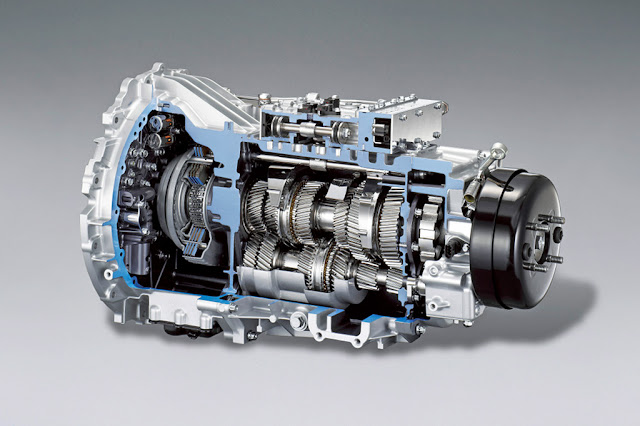The Rise of Smart Car Racks: IoT and Beyond
The automotive industry has been witnessing a remarkable technological transformation with the rise of smart car racks, propelled by the integration of the Internet of Things (IoT) and other cutting-edge innovations. Smart car racks are revolutionizing the way we transport gear and equipment, offering a seamless and intelligent experience for users.
At the core of smart car racks
lies the Internet of Things, which refers to the network of interconnected
devices and sensors that can communicate and exchange data over the Internet.
By incorporating IoT technology into car racks, manufacturers can create an
ecosystem where the rack interacts with other smart devices, the vehicle's
systems, and even the user's smartphone.
According to Coherent Market Insights the Global
Car Rack Market Size was valued at USD 1,213.5 million in 2021 and is
anticipated to witness a compound annual growth rate (CAGR) of 4.9% from 2022
to 2030.
One of the key advantages of
smart car racks is enhanced security. IoT-enabled racks can incorporate
advanced locking mechanisms that can be remotely controlled through a mobile
app. Users receive real-time notifications if the rack is tampered with or unlocked,
providing peace of mind when leaving valuable gear on the vehicle. Moreover,
some smart racks can automatically lock themselves when the vehicle is in
motion, preventing accidental opening and potential damage to the gear.
The integration of GPS tracking
is another game-changing feature of smart car
racks. Users can monitor the location of their vehicle and cargo in
real-time, ensuring the safety and security of their belongings during long
trips or when parked in unfamiliar areas. This tracking ability also serves as
an anti-theft measure, increasing the chances of recovering stolen equipment.
IoT technology in smart car racks
opens up possibilities for data-driven insights and optimization. Smart sensors
embedded in the rack can collect information about the rack's load, weight
distribution, and aerodynamics. This data can be analyzed to provide
recommendations for optimal loading and adjustments to improve fuel efficiency
and driving performance.
Additionally, smart car
racks Industry can leverage
artificial intelligence (AI) algorithms to adapt to changing conditions and
user preferences. For example, the rack can automatically adjust its settings
based on the type of gear being transported, whether it's bikes, skis, or
luggage. AI can also analyze user behavior and suggest the most efficient route
for transporting specific equipment.
The user experience is
significantly enhanced with smart car racks. Mobile apps connected to the rack
offer intuitive control and monitoring capabilities. Users can receive maintenance
reminders, access instructional videos, and even find nearby parking spaces
suitable for their vehicle and rack setup.
The rise of smart car racks also
aligns with broader trends in the automotive industry, such as the development
of autonomous vehicles. As self-driving cars become more prevalent, smart racks
can seamlessly integrate with these vehicles, automatically adjusting their
position and securing the cargo based on the vehicle's driving behavior.
The rise of smart car racks, driven
by IoT and other advanced technologies, represents a significant leap forward
in transportation efficiency, security, and user experience. These intelligent
racks are transforming the way we transport gear, providing users with greater
convenience, safety, and control over their belongings. As technology continues
to evolve, we can expect even more exciting developments in smart car racks,
further enhancing our automotive experiences and reshaping the future of
transportation.



%20Market1.png)
Comments
Post a Comment